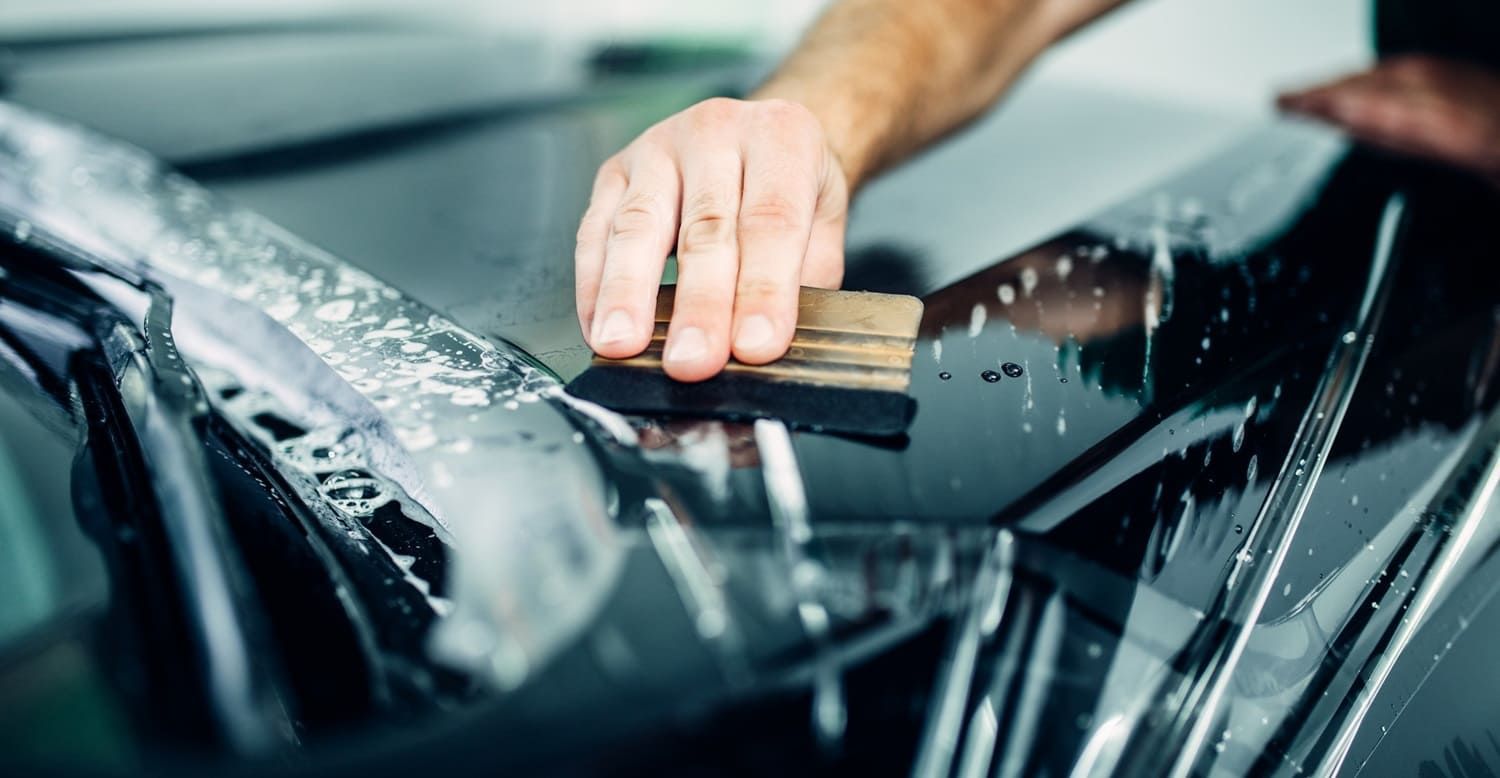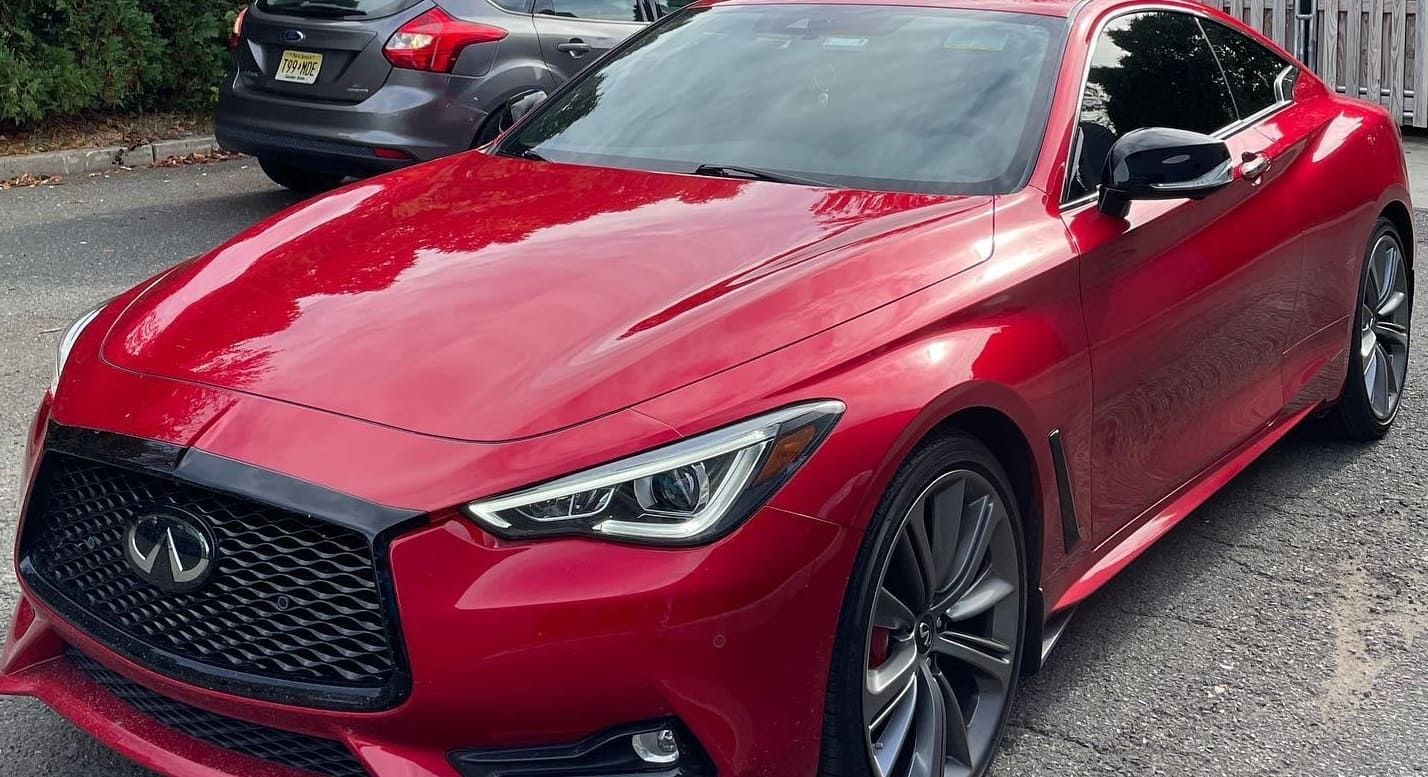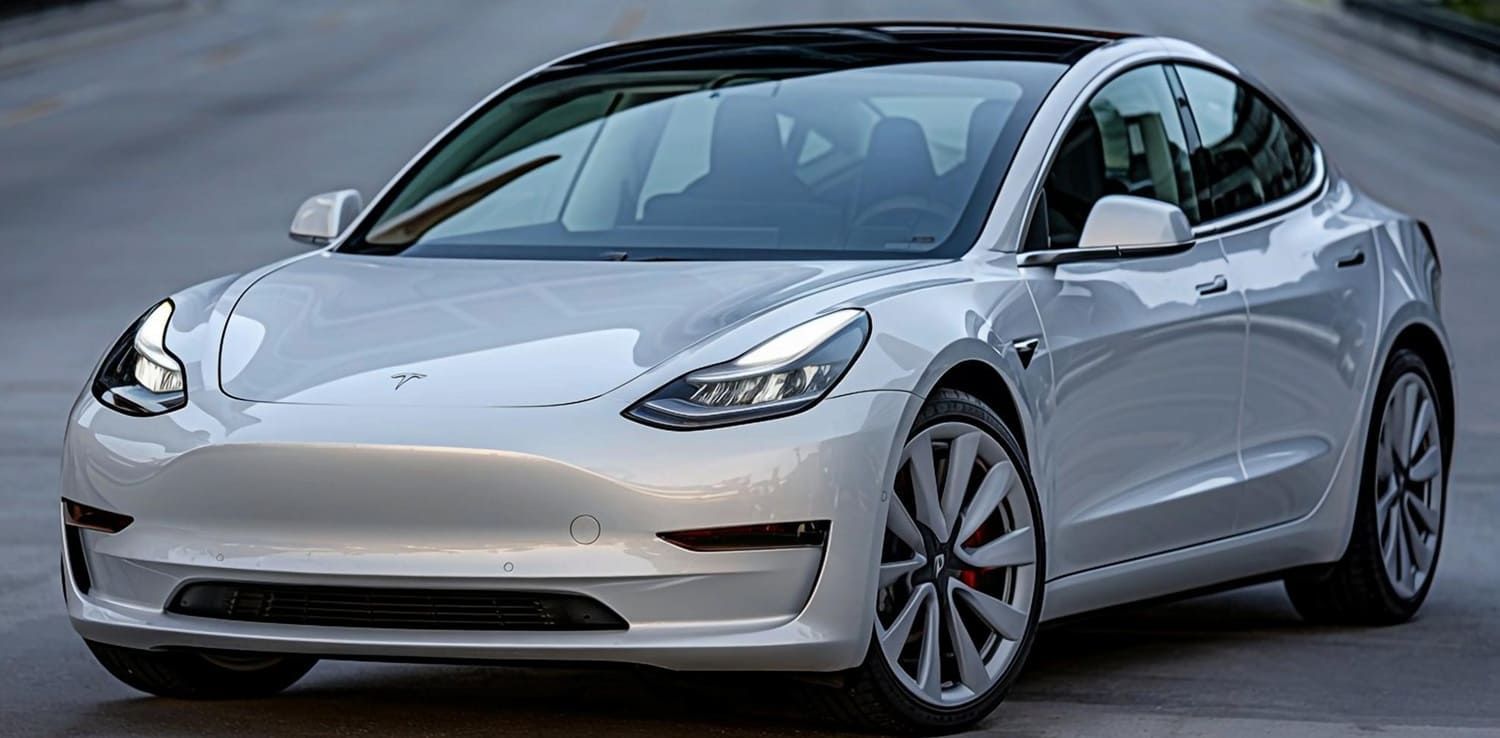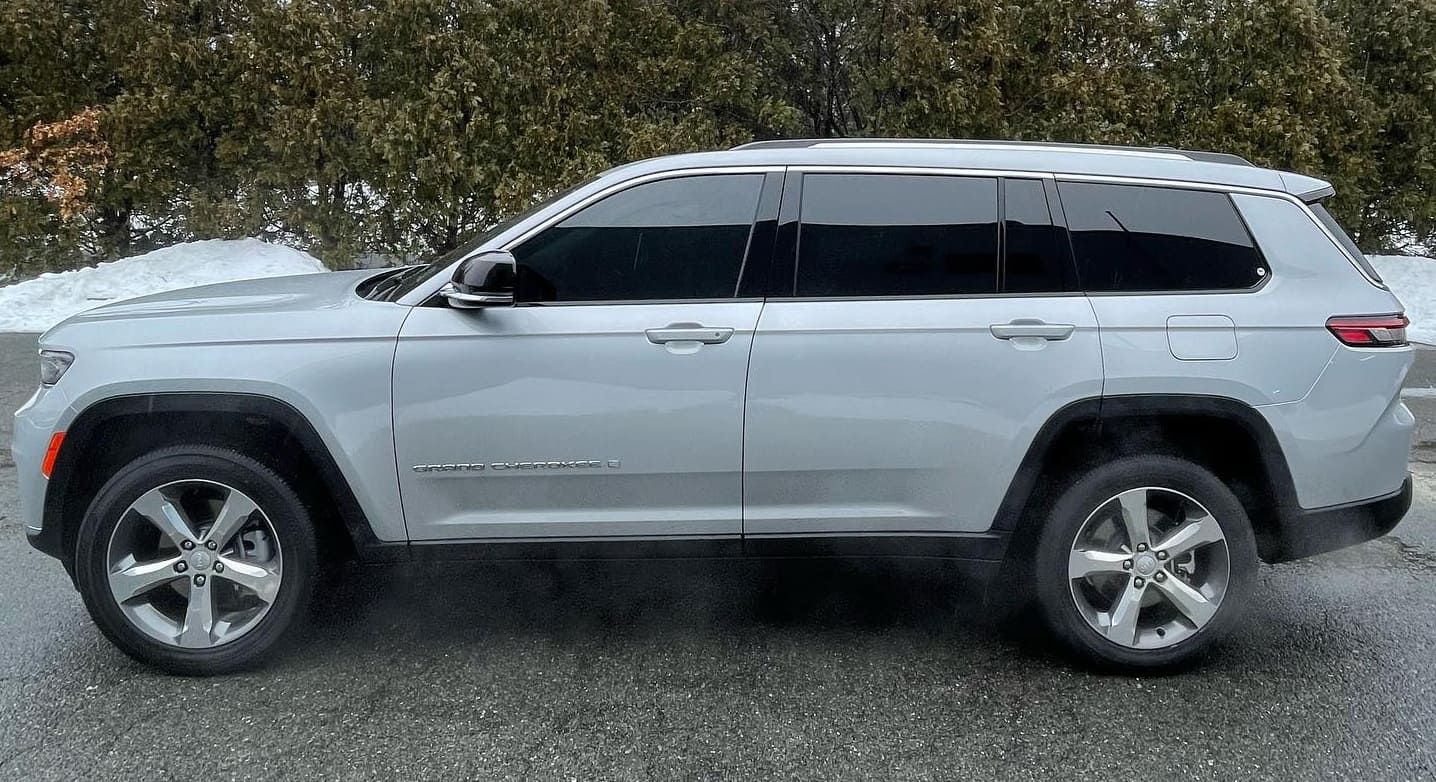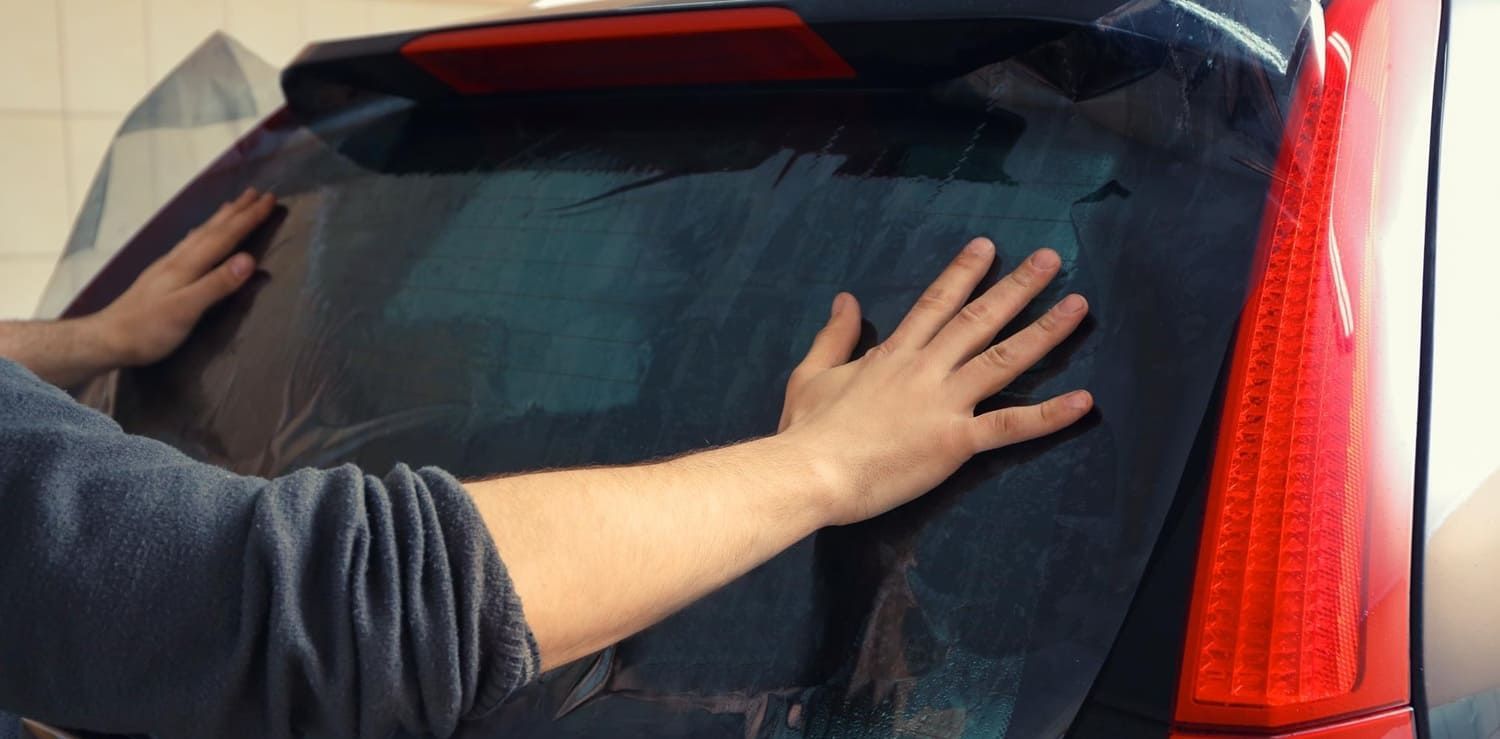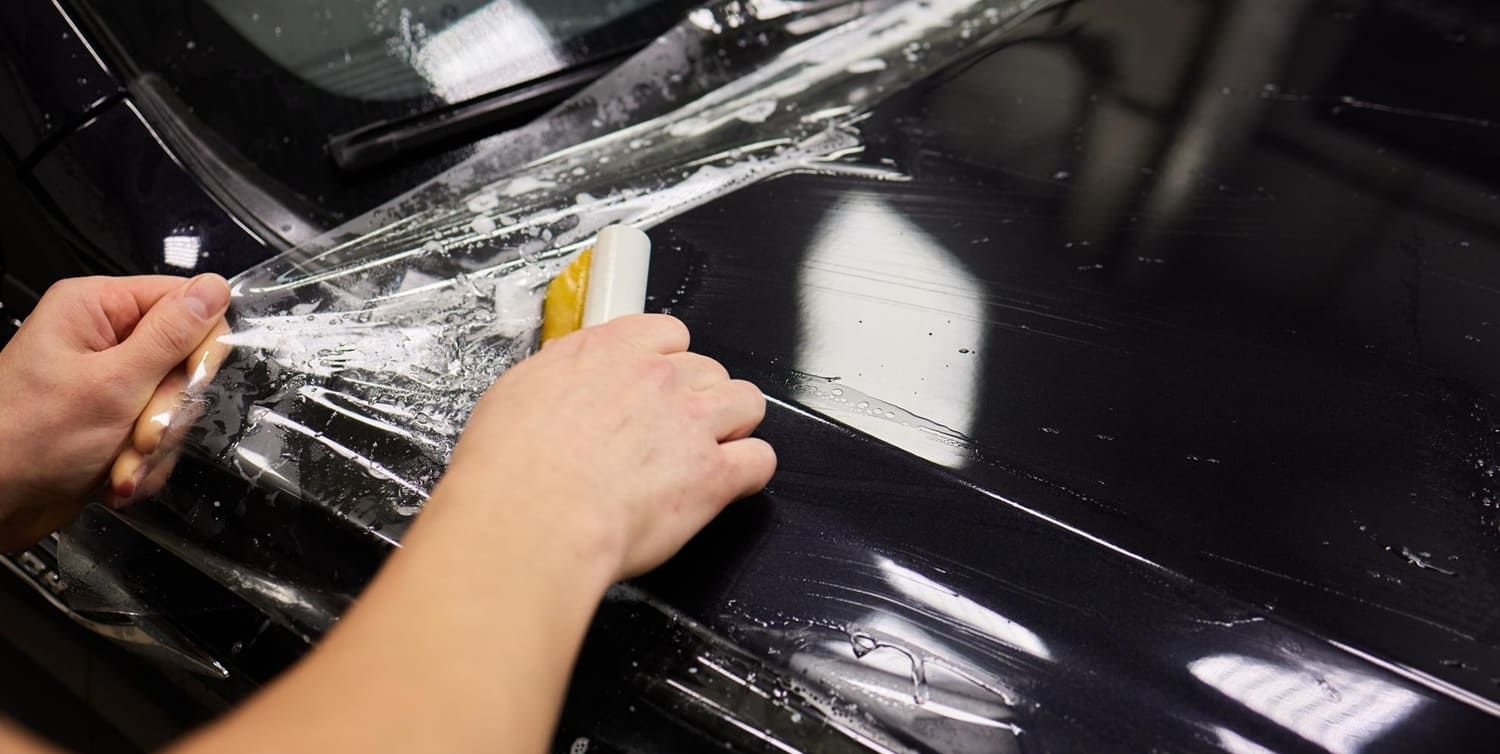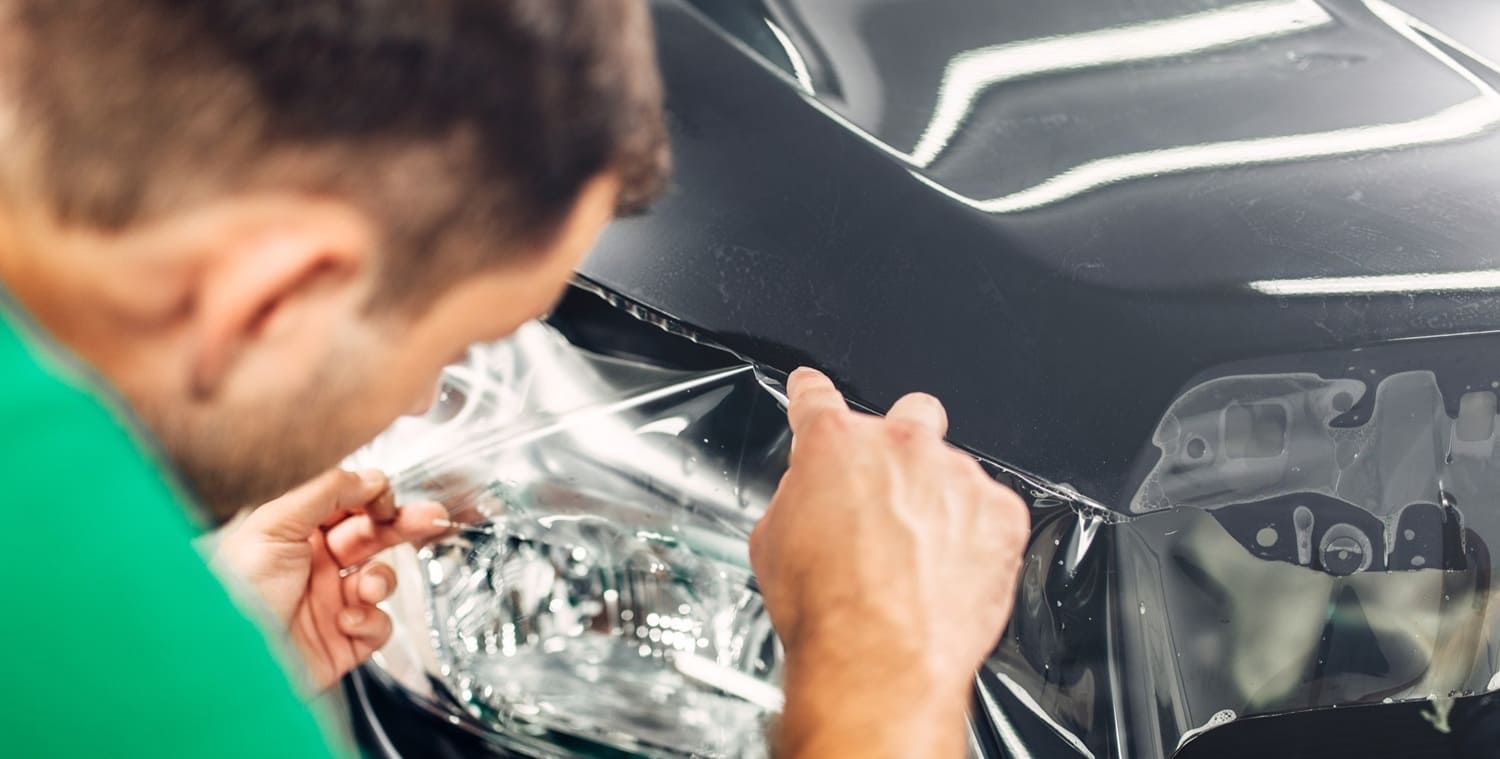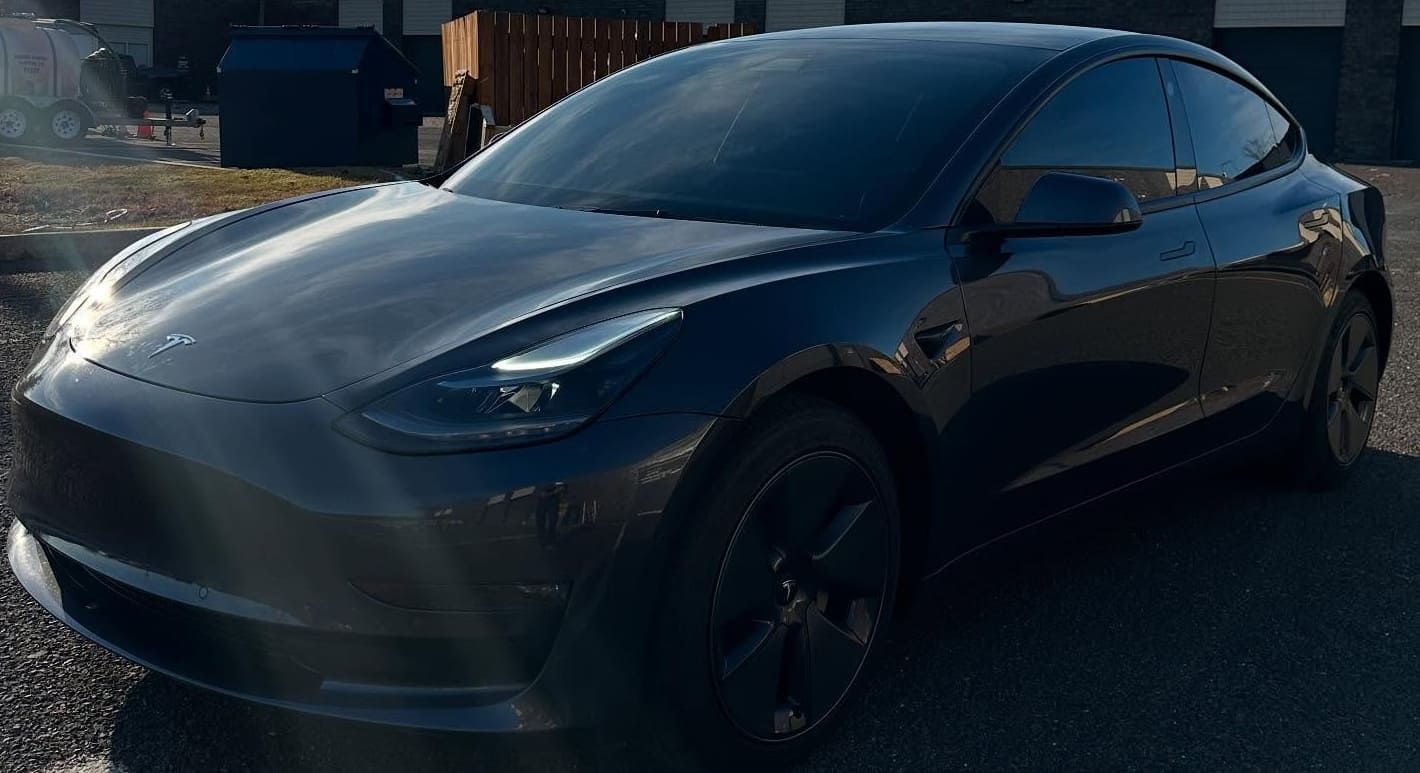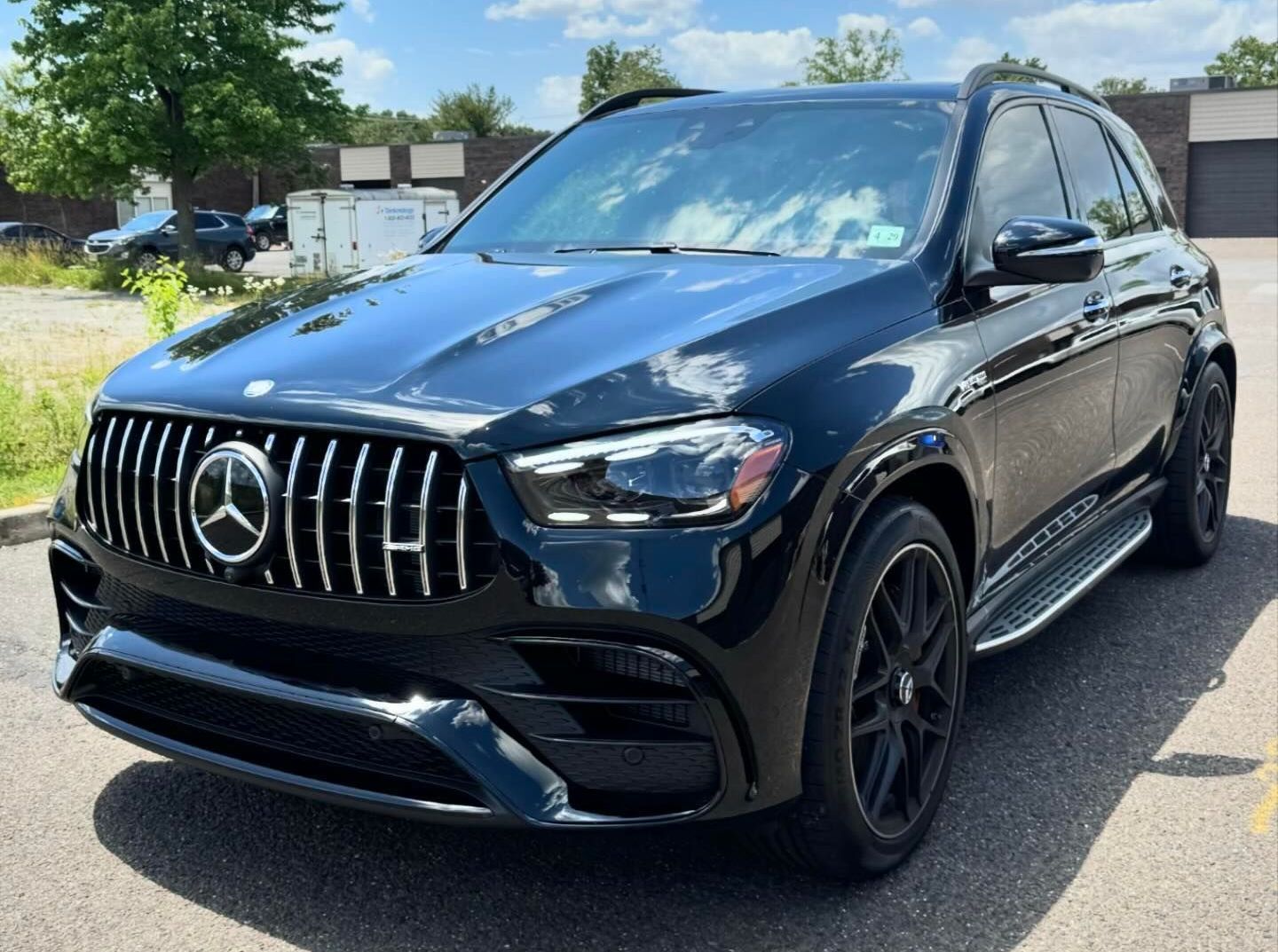How Window Tinting Helps Regulate Your Car’s Temperature in Winter
When it comes to staying warm in your car during the chilly winter months, you might not think of window tinting as a solution. However, window tinting can play a significant role in keeping your vehicle comfortable during cold weather. In this article, we'll delve into how window tinting helps regulate your car's temperature in winter and why it might be a worthwhile investment.
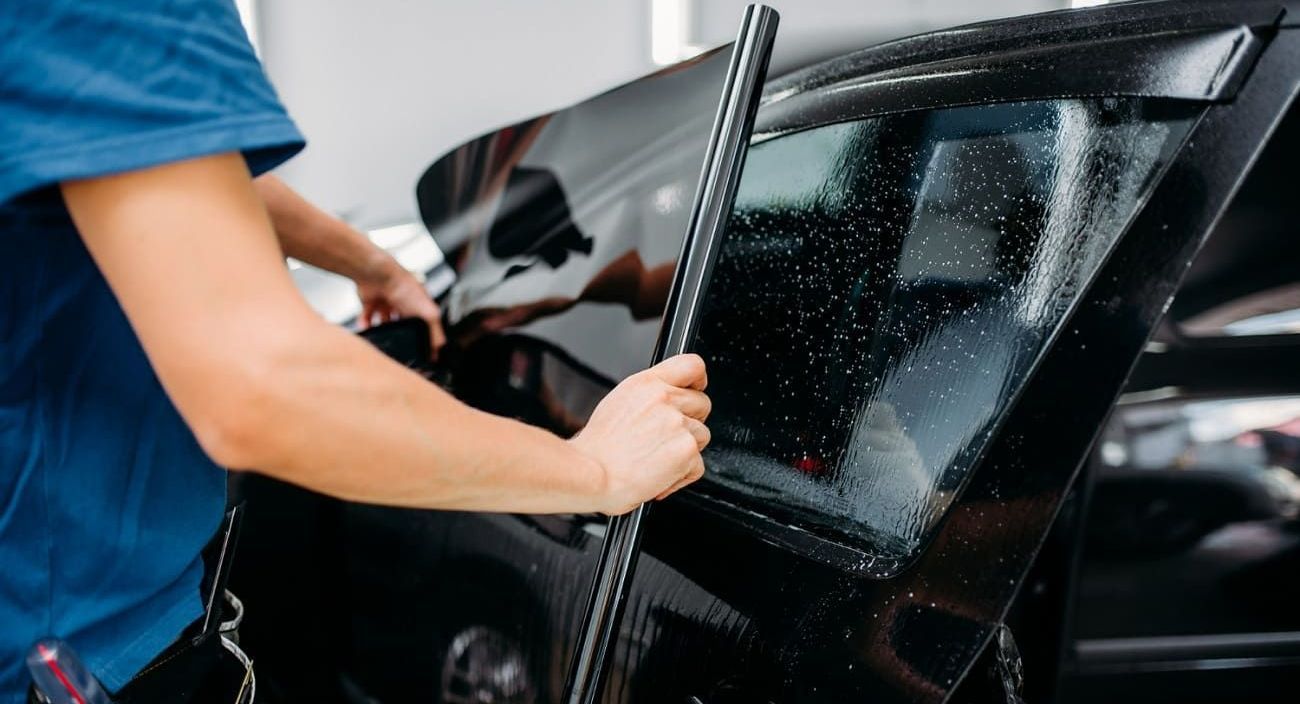
Understanding Window Tinting
Window tinting involves applying a thin film to your car windows, which can block out sunlight and provide privacy. While many people associate window tinting with cooling their vehicles in the summer, it also has advantages in the winter. The film can trap heat inside your car, helping maintain a warmer interior temperature.
The Science Behind Window Tinting
Window tinting works by reducing the amount of infrared and ultraviolet (UV) rays that penetrate through your windows. This not only protects the car's interior from fading but also contributes to temperature regulation. In the winter, window tints help by retaining heat and reducing the amount of cold air that seeps into the vehicle.
Benefits of Window Tinting in Winter
Enhanced Temperature Regulation
One of the primary benefits of window tinting is improved temperature control. By limiting heat loss, window tinting helps keep your car warmer. This means that your car's heating system doesn't have to work as hard, which can be especially beneficial during long winter drives.
Energy Efficiency
With window tinting, your car's heating system can operate more efficiently. Because the tints help keep the heat inside, the heater doesn't need to be on as high or as long. This not only conserves energy but can also lead to fuel savings. Additionally, a more efficient heating system can result in a reduced carbon footprint, making your car more environmentally friendly.
Protecting Interior Components
Winter weather can be harsh not just on the exterior of your car but also on the interior. Cold temperatures can cause the materials inside your car to contract and become brittle. Window tinting helps protect these components by maintaining a more stable interior temperature, reducing the risk of damage.
UV and Glare Reduction
While UV rays are less intense in winter, they are still present. Window tinting reduces UV exposure, which can protect both your skin and your car's interior. Additionally, the tint reduces glare from the sun, snow, or other vehicles, providing a safer driving experience.
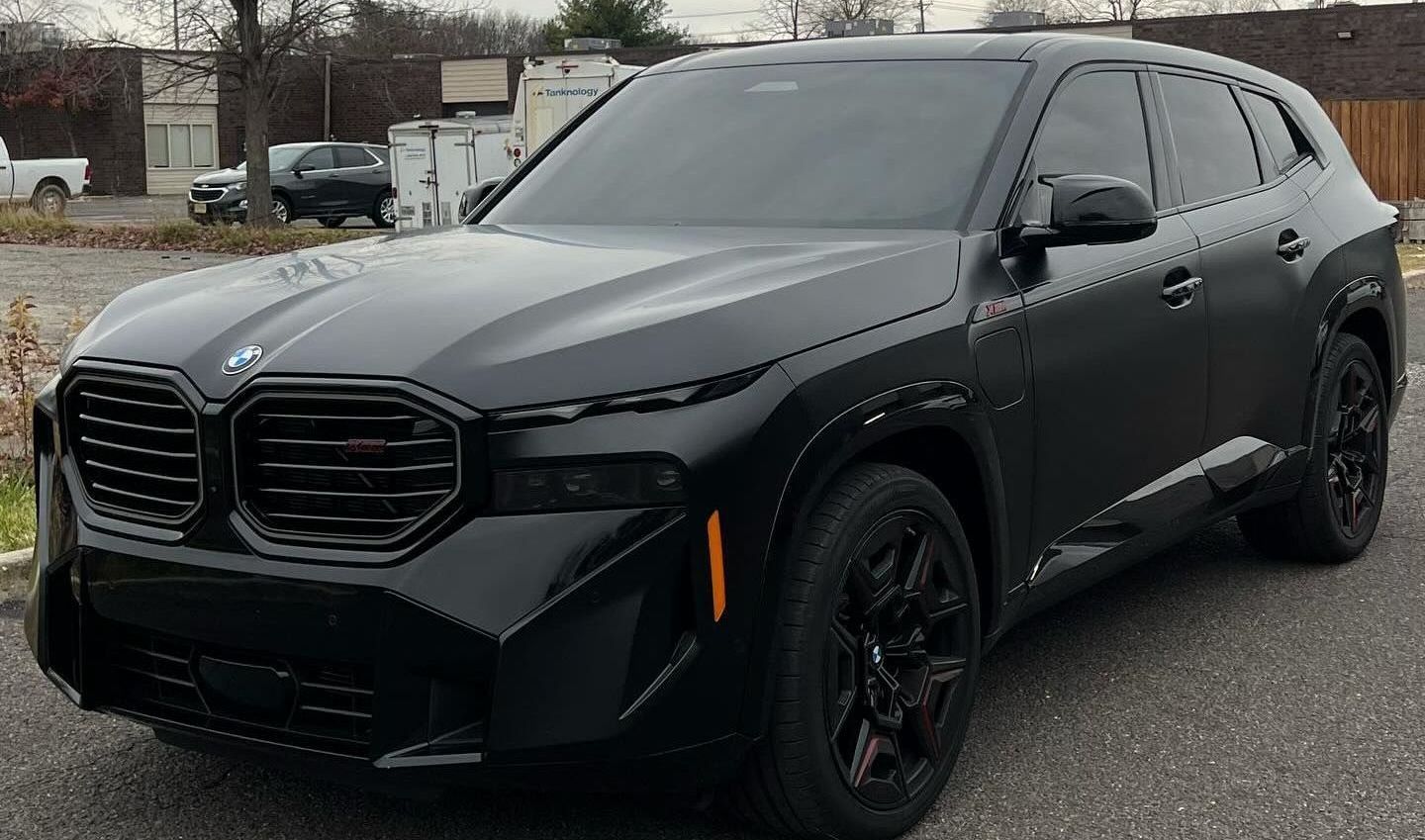
Choosing the Right Window Tint
When selecting a window tint for winter, it's important to consider the tint's thermal insulation properties. Not all tints are created equal, and some are specifically designed to offer better insulation than others.
Types of Window Tints
- Ceramic Tints: Known for their excellent heat retention, ceramic tints are a great option for winter. They are effective in blocking UV and infrared rays without darkening the windows too much.
- Metalized Tints: These tints offer good insulation and are durable. However, they can interfere with electronic devices in your car, so consider this before choosing.
- Dyed Tints: While they offer some heat retention, dyed tints are more popular for privacy and glare reduction. They may not be the best choice if your primary goal is temperature regulation.
Legal Considerations
Before you install window tints, check your local laws regarding tint darkness and reflectivity. Different regions have varying regulations, and it's important to ensure your tints are compliant to avoid fines or the need to remove them.
Installation and Maintenance
Professional Installation
For optimal results, it's recommended to have your window tints professionally installed. Professional installers have the tools and expertise needed to apply the tint smoothly and without bubbles, ensuring maximum effectiveness.
Maintaining Your Window Tints
Proper maintenance is key to preserving the benefits of your window tints. Use a soft cloth and non-abrasive cleaner to clean the windows. Avoid using sharp tools or harsh chemicals that could damage the tint film.
Conclusion
Window tinting offers more than just aesthetic appeal; it provides practical benefits that can enhance your driving experience in winter. By regulating your car's temperature, improving energy efficiency, and protecting interior components, window tints are a valuable addition to any vehicle. As you prepare for the colder months, consider investing in quality window tinting from The Window Tinters in Mt Laurel Township, NJ, to keep your car warm and comfortable.
Whether you're a daily commuter or someone who enjoys winter road trips, window tinting can make a significant difference in how you experience the winter season on the road. With the right tint, you'll enjoy a warmer, more energy-efficient, and safer drive, no matter how cold it gets outside. Contact us for a free estimate!
